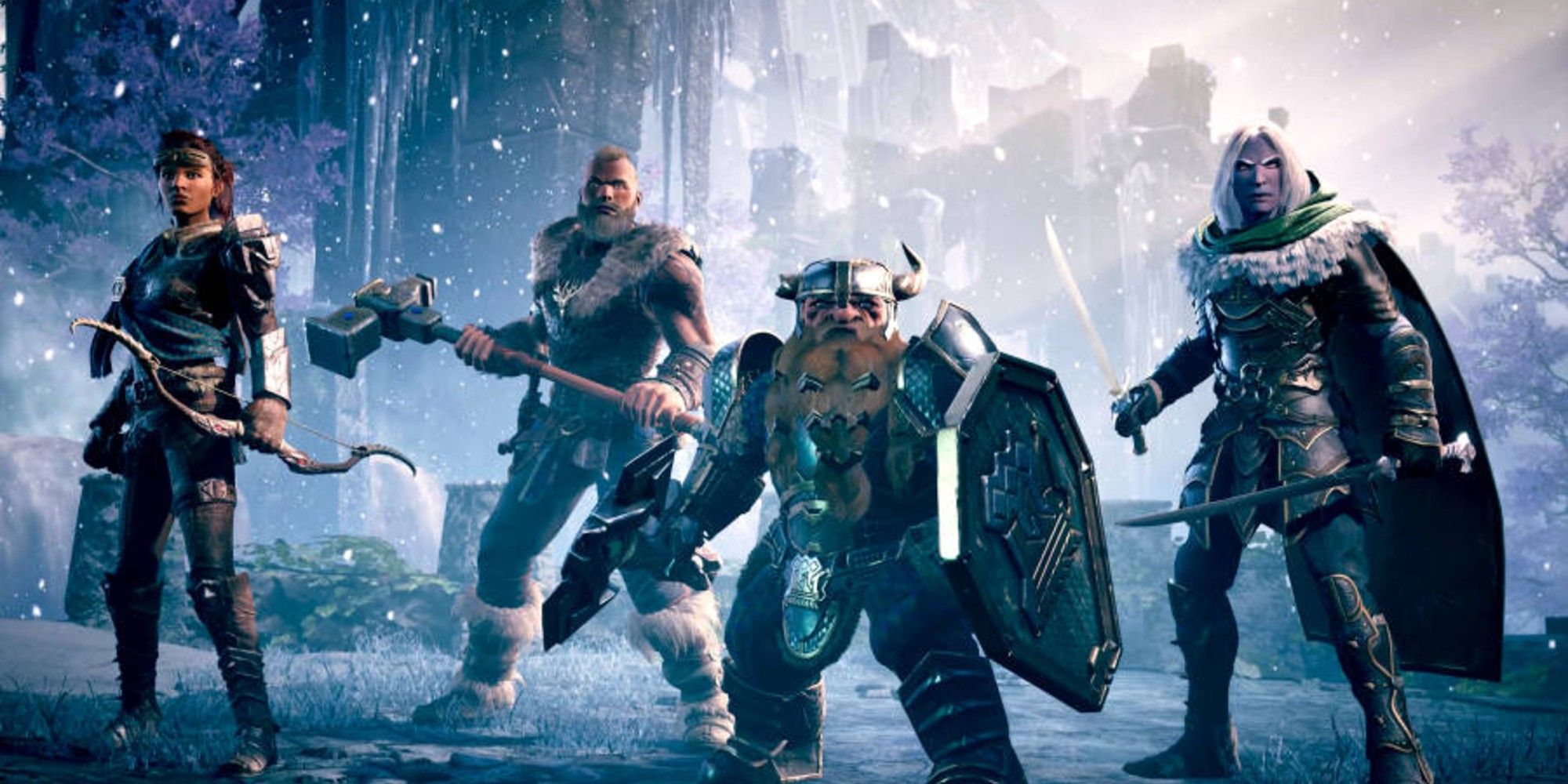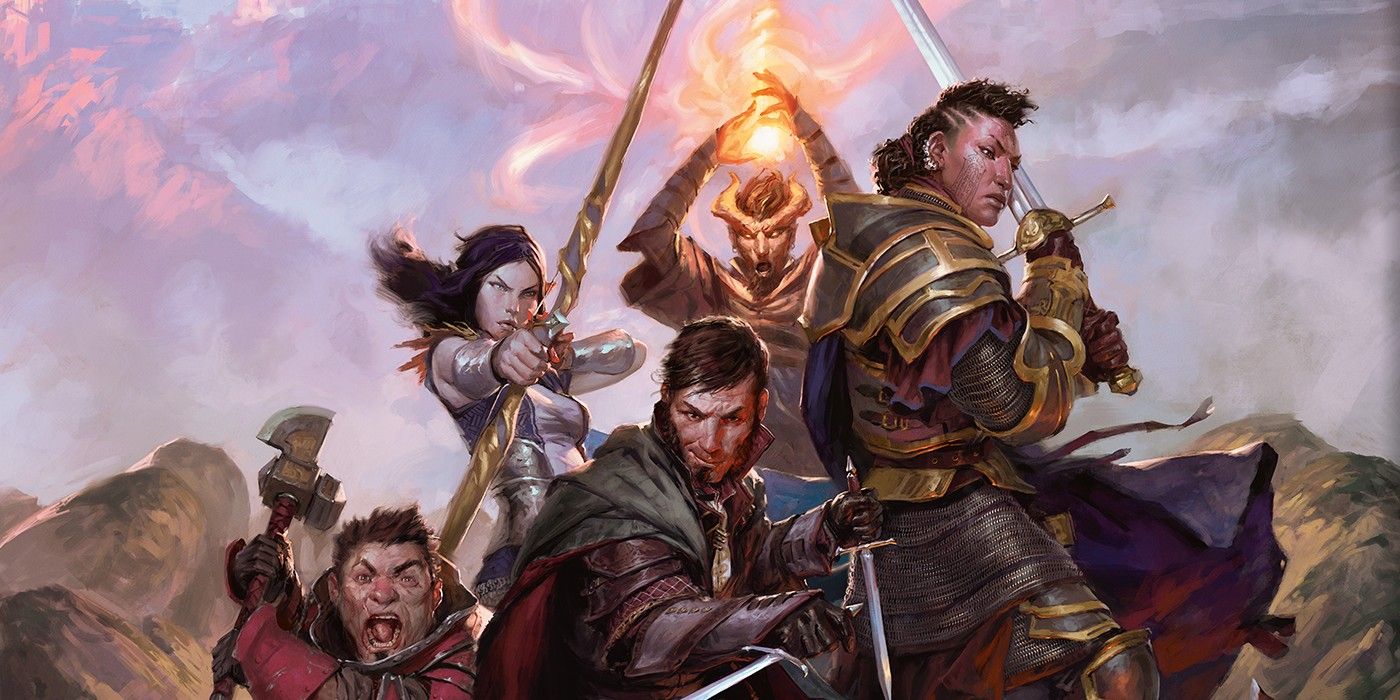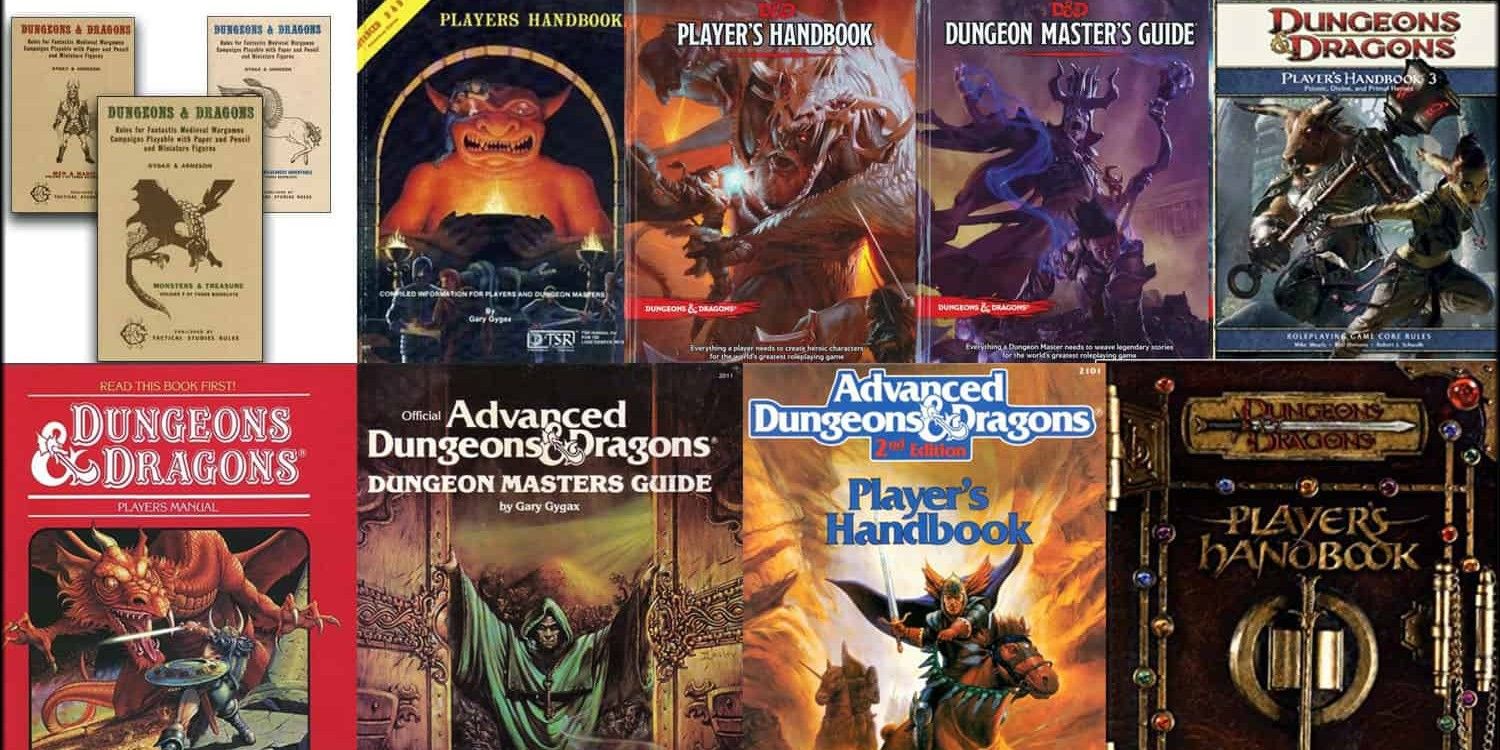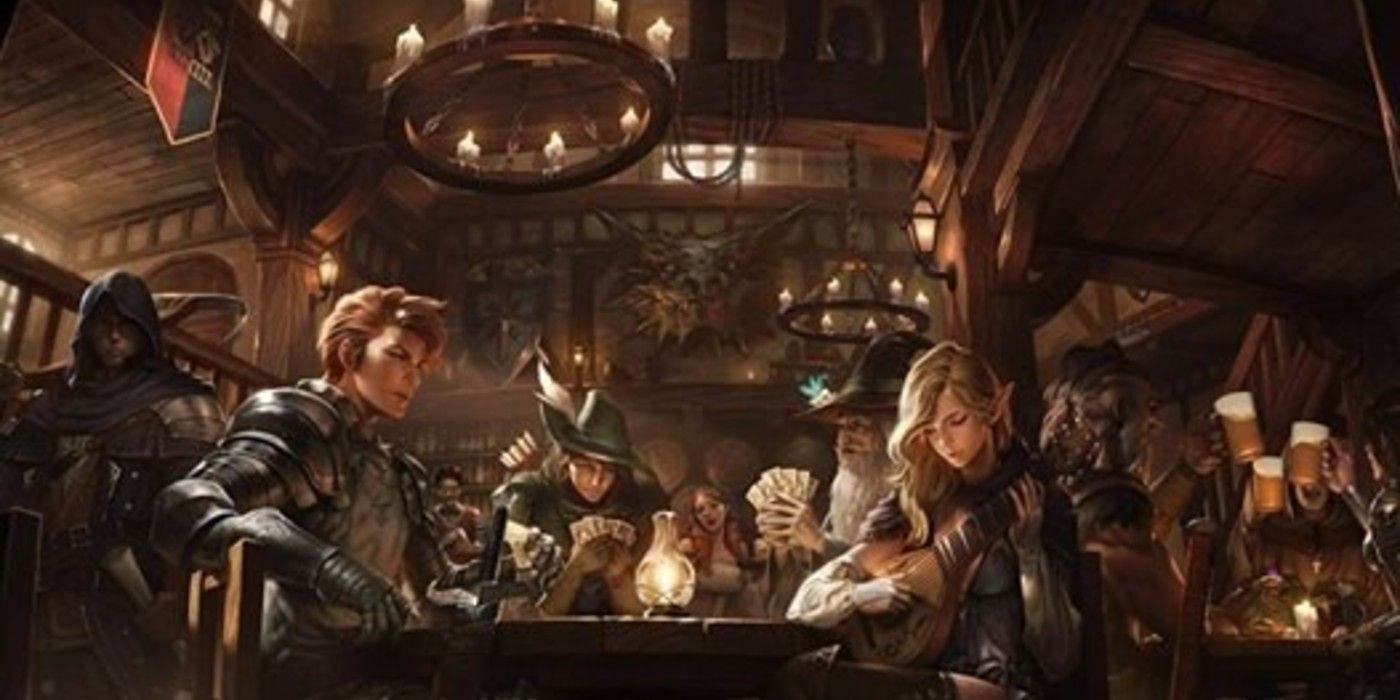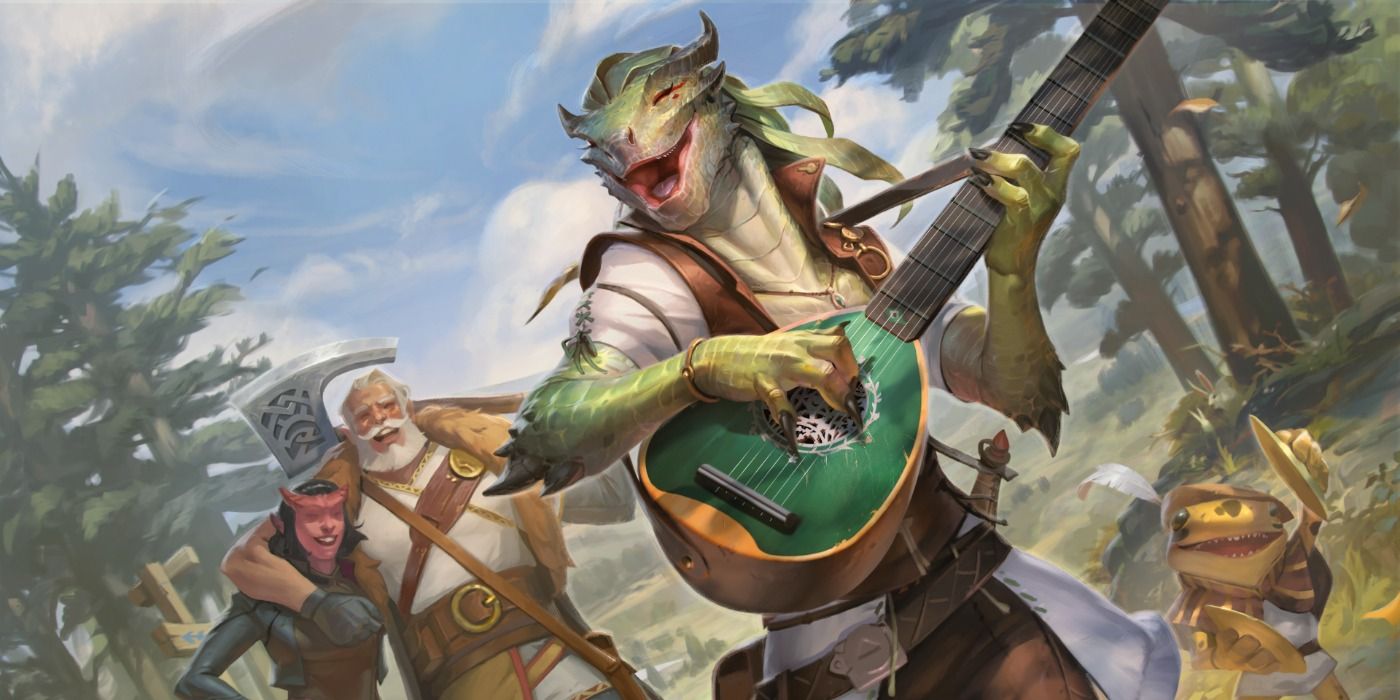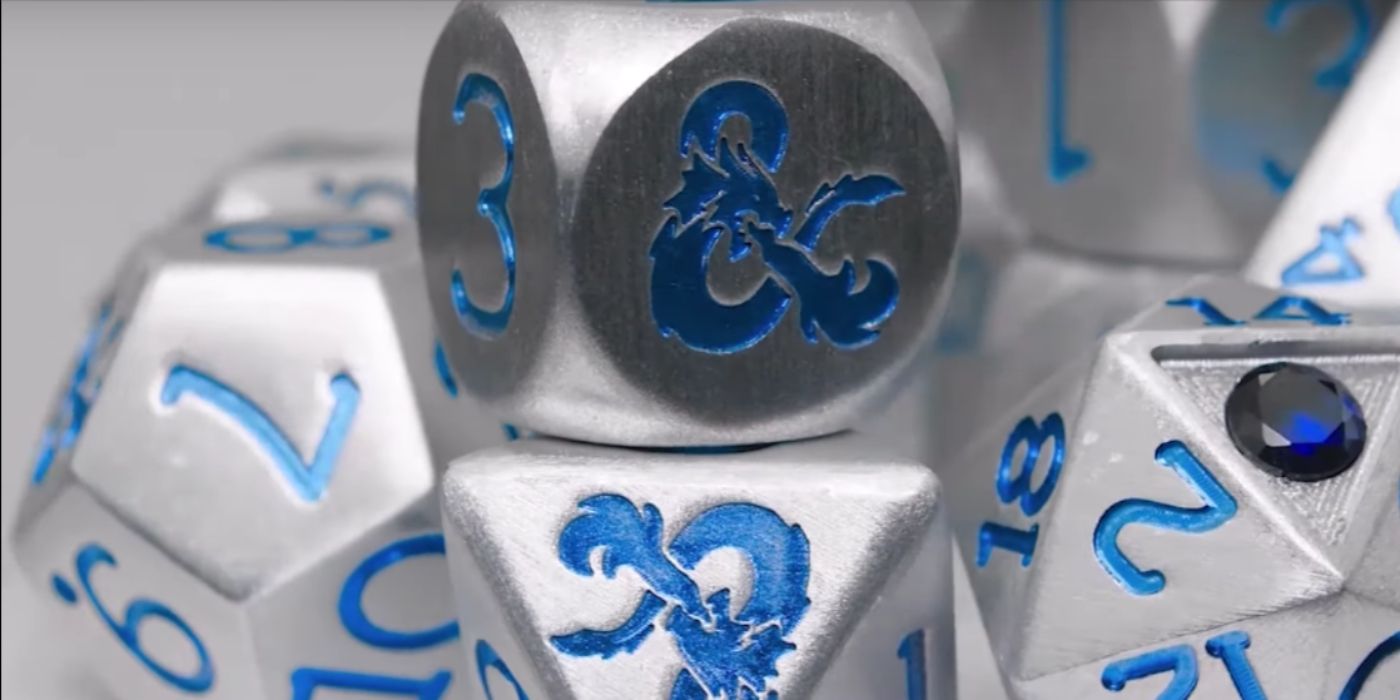Anyone who plays Dungeons & Dragons knows that the Dungeon Master’s role is crucial, and every DM wants to be the best they can be. Every DM has their own style and way of running a game, making each story they weave wonderfully personal. There are many resources available to DMs to help make their lives a little easier as they build and bring worlds to life for the enjoyment of others.
There is a lot of preparation involved in even the bare minimum to DM a D&D campaign, and without a doubt, the DM is the person who will be working the hardest throughout the whole story. This is because the DM is the member of the group who runs the story by acting as the narrator, NPCs, and enemies and, as such, wears multiple hats all at the same time. Whether they choose to use a published campaign or a unique homebrew, DMs have a lot on their plate.
The DM holds the most responsibility as they control the world, the adventure, and the rules. Whether a person has been a DM for a long time or is just starting out, there is always room for improvement. Not everyone will start DMing like Critical Role’s Matthew Mercer, so here are some helpful tips for people to become better DMs.
DM Tip: Don't Underestimate The Importance Of Session Zero
Something that isn’t always made clear to new DMs is the importance of a session zero; however, as time goes on, even long-time DMs can start to skip this important step. Session zeros are vital as they offer the time and space for the DM and players to sit down and discuss what type of campaign they want to play. This doesn’t mean a DM has to tell their players the entire storyline but instead means that expectations need to be set for all involved.
A DM needs to know the group they are catering to, even if they have been friends for years or have played together previously. People’s tastes change, people’s lives evolve, and what was fun as teenagers might not feel the same as adults. A session zero for D&D and DMs is even more important if playing with a group of new players, either because they have never played with those people before or they have perhaps never played D&D at all.
Session zeroes allow the DM to understand better what their players like and dislike and how well the different characters will work together. For example, if a group of players is really into roleplay, they might not enjoy a long-term dungeon crawl or constant battles and vice versa. A group of spellcasters with no tank will not have the same experience as a more traditionally balanced adventuring party, and the DM will then be able to adjust the campaign as needed.
DM Tip: Use Player Backstories Before & Throughout A Campaign
Speaking of players and their characters, another tip is for DMs to really listen to their D&D players and their character backstories. Players sometimes pour their hearts into their characters, and it can be very disappointing if all that hard work ends up being ignored by their DM. DMs should get into the habit of asking their players for their character backstories ahead of time, preferably even before session zero, and find ways to integrate those into the campaign.
Building on that, DMs should keep track of player character backstories and how they relate to the group. Did two characters grow up in the same city? Could they have a friend in common or perhaps an enemy? Use session zero to work out these aspects with the players to help build bonds between the adventuring party.
DMs should get used to keeping track of the things the players do in the world and making that part of the D&D campaign plot and endgame. This adds to the already massive amount of note-taking DMs do, but will help players feel like their actions matter in the world. As long as DMs link character backstories and moments into the story, they will help make the players feel a part of the world, making them care more and ultimately creating a better campaign.
DM Tip: Use Everything At Your Disposal To Create A Unique Story
There is a misconception that to be a great DM, everything part of the campaign must be original. This isn’t true and puts a great deal of pressure on an already difficult role. DMs shouldn’t be afraid to try and make their own story, however, they also shouldn’t shy away from using pieces from published adventure books.
There are many published D&D adventure books and campaign settings for DMs to choose from, covering different D&D editions, which is a treasure trove of material to use. DMs can pick which aspects they want to use, whether from a long campaign or a one-shot, and collate those pieces into something new. Not everything must be created from scratch, and DMs should read adventures, big or small, for inspiration.
Another useful tip is borrowing things from different media, such as books, movies, or television. DMs can use character ideas, plots, or settings and work them into the campaign. A campaign doesn’t have to be an elaborate homebrew world so long as players are engaged.
DM Tip: Get Used To Preparing A Recap For The Next D&D Session
Not everything has to be planned; however, planning the basic beats of a session will be better for all involved. Part of this is preparing a recap for the start of each session is a great way to remind D&D players and the DM of awesome moments or important occurrences that happened last time. Some groups play weekly, while others might only play every other week or even every few months. Recaps will help get everyone back on the same page.
Recaps can be done similarly to a “previously on…” television format, making sessions feel more episodic. Another fun way is for the DM to designate a player each session to give the recap for the following session. This is also a cheeky way to make sure that players are taking notes.
DM Tip: Balance Critical Successes And Critical Failures
Something that DMs can often overlook is the balance needed between critical successes and critical failures. Traditionally natural 20s only count in rules of D&D combat encounters, however, many DMs also reward players for getting one during a skill check or saving throw. Critical failures should be just as much fun for players as critical successes. Players love to get natural 20s, but if DMs reward those, then natural ones should also be just as meaningful.
This doesn’t mean that DMs should punish their players for critical failures, but using them cleverly can benefit the story. Did that natural one survival check occur at a really crucial moment? Use it to advance the story, are the players now hopelessly lost within the dungeon? A natural one during a persuasion check might result in a hilariously awkward moment that could create lasting repercussions whenever the D&D party encounter that unique NPC or location.
DM Tip: Pre-Rolling As Part Of D&D Session Preparation
DMs should get into the habit of pre-rolling certain things as part of their session prep. For example, pre-rolling on the random encounters table will save time beforehand and allow the encounters to be more easily integrated into the flow of the game. Pre-rolling stats for NPCs or bosses beforehand saves time and allows them to be appropriately balanced for the party.
The importance of pre-rolling is not only to save time but also to minimize disruption during actual play. Pre-rolling initiatives for large groups of enemies will also save time when combat starts. It’s entirely possible that players might never come across some pre-rolled encounters or NPCs, but if they do, it’s better to have these things on hand immediately.
One of the best tips for being a first time D&D DM is to relax and try to have fun. Not every Dungeons & Dragons rule has to be memorized. Be ok with getting some things wrong because being a good DM isn’t about getting everything perfectly right. It’s about telling a story with friends.


